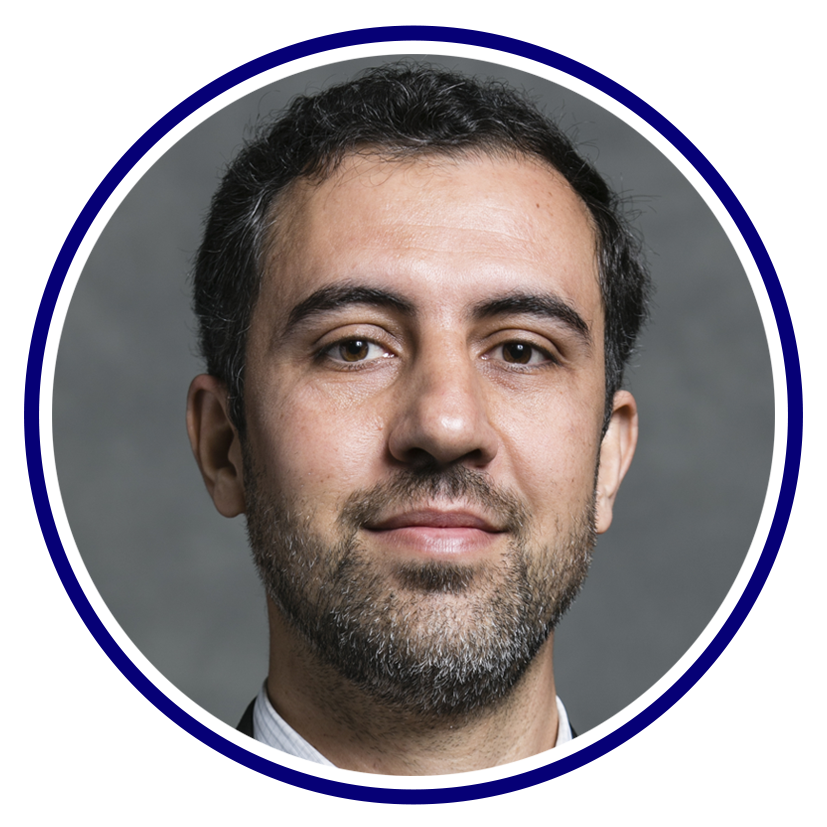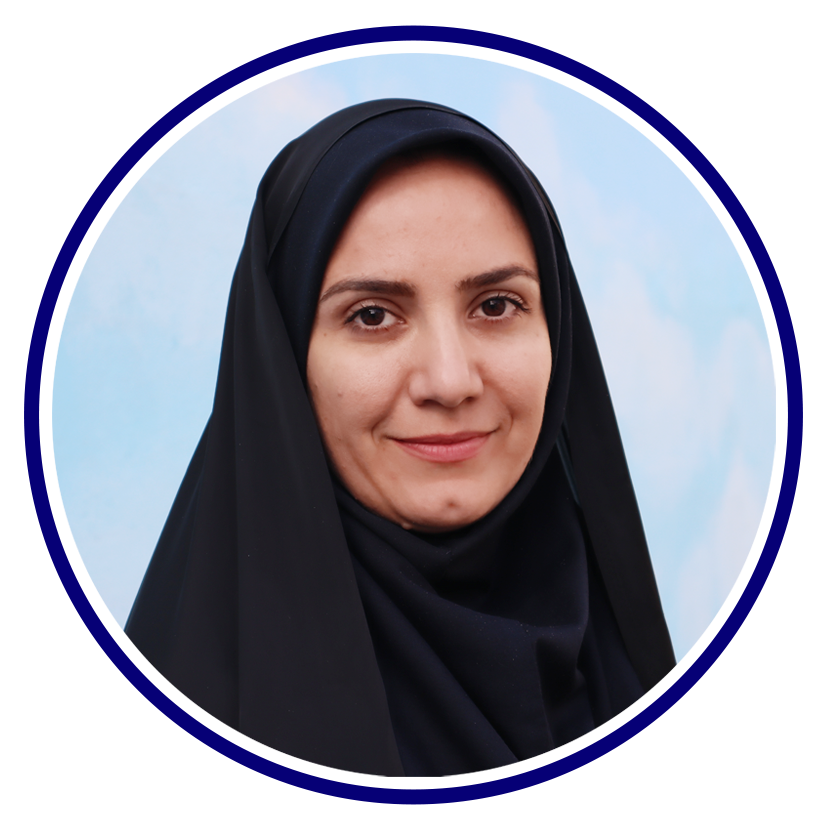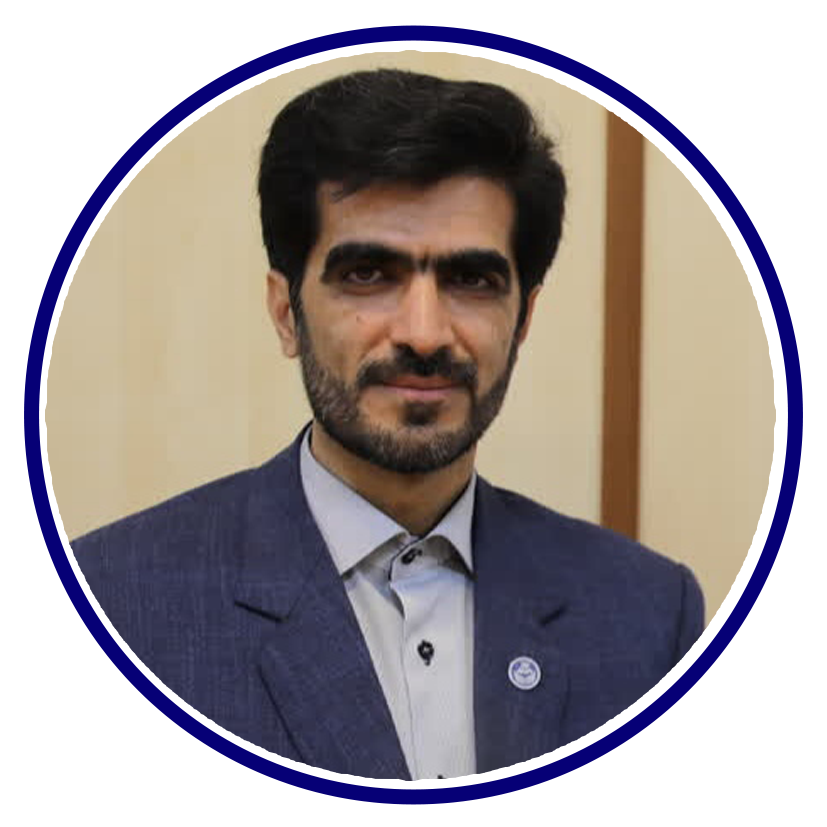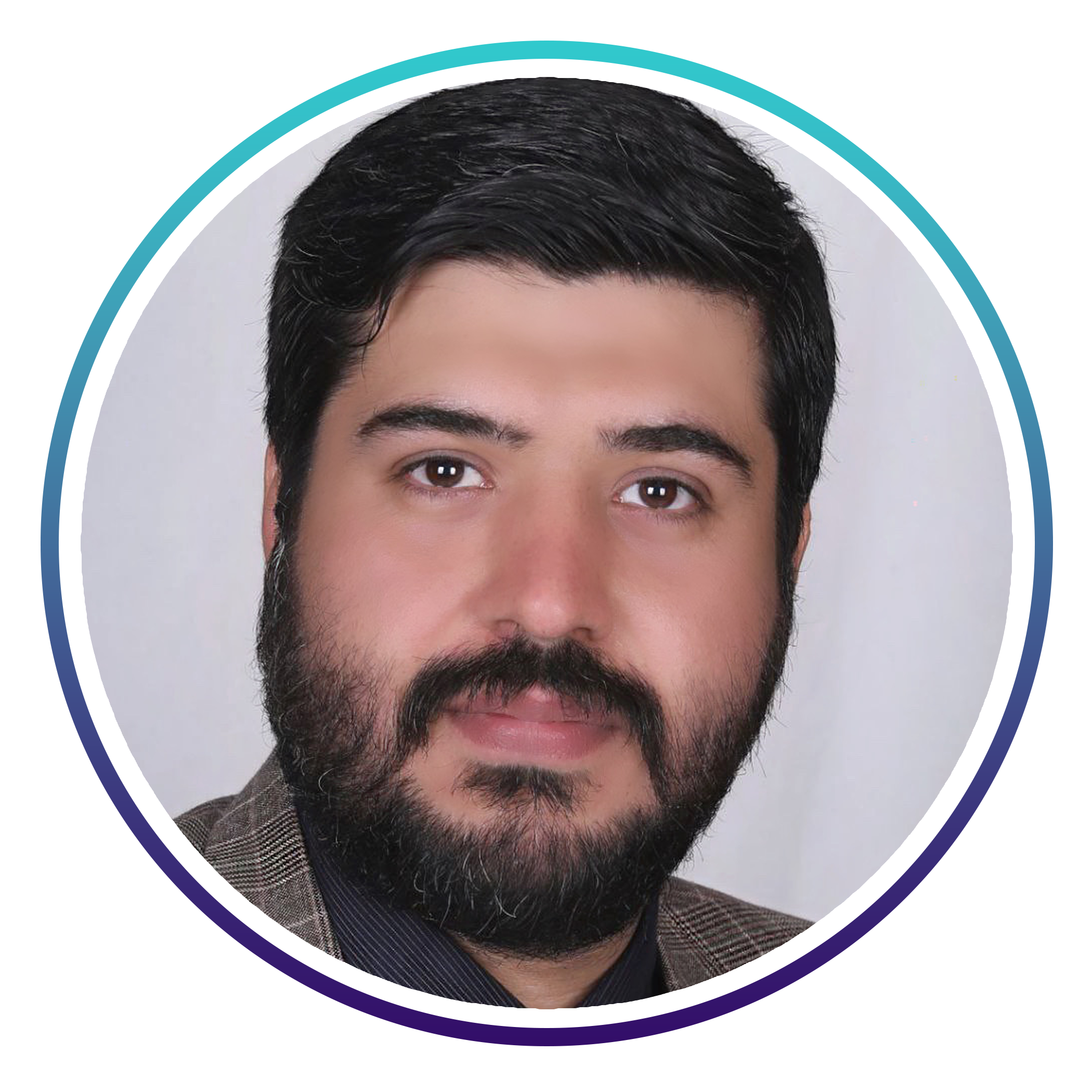Policy Making and Governance Laboratory - دانشکده حکمرانی governance
- Faculty Introduction
- Assistances
- Affiliated Centers
-
Persons
- Faculty Members
- Faculty Members
- Dr. Maryam Afkhami
- Dr. Sayedeh Alemohammad
- Dr Sahar Babaei
- Dr. Mehran Badin Dehesh
- Dr. Masoud Banafi
- Dr. Afsaneh Dehghanpour
- Dr Mohammad Esmaeil Abdollahi
- Dr. Majid Gholami
- Dr. Bahareh Heidary
- Dr. Hossein Imani
- Dr. Seyed Mostafa Jalili
- Dr. Hossein Jalilian
- Dr. Reyhaneh Loni
- Dr. Bahareh Mahbanooei
- Dr. Ebrahim Mazari
- Dr. Alireza Naficy
- Dr Fatemeh Ordoo
- Dr. Seyed Mahdi Pakzat
- Dr Ali Asghar Pourezzat
- Dr. Ahmad Radmehr
- Dr. Ahad Rezayan
- Dr. Ali Rostamian
- Dr. Atiye Sarabi Jamab
- ِDr Armin Towhidi
- Dr Saman Yousefvand
- Dr. Mostafa Zamanyan
- Dr Mahdi Zarghami
- Dr Fatemeh Zeynodini
- Dr Niloofar Hashemi
- دکتر فاطمه اردو
- دکتر مریم افخمی
- دکتر سیده آل محمد
- دکتر حسین ایمانی
- دکتر سحر بابایی
- دکتر مهران بادیندهش
- دکتر مسعود بنافی
- دکتر سید مهدی پاک ذات
- دکتر علی اصغر پورعزت
- دکتر رضا پاینده
- دکتر سید مصطفی جلیلی
- دکتر حسین جلیلیان
- دکتر محمد حبیبپور
- دکتر بهاره حیدری
- دکتر افسانه دهقانپور فراشاه
- دکتر احد رادمهر
- دکتر سمیه رباطمیلی
- دکتر علی رستمیان
- دکتر احد رضایان قیه باشی
- دکتر مصطفی زمانیان
- دکتر فاطمه زینالدینی
- دکتر عطیه سرابی جماب
- دکتر سعید سمیعی
- دکتر محمد شریفزاده
- دکتر مهدی ضرغامی
- دکتر محمد اسماعیل عبداللهی
- دکتر سجاد عبدی
- دکتر مجید غلامی
- دکتر آرمین فیروزپور
- دکتر محمدمهدی قائمینیا
- دکتر معصومه کاظمی
- دکتر ریحانه لونی
- دکتر بهاره ماهبانویی
- دکتر ابراهیم مزاری
- دکتر علیرضا مهانیان
- دکتر سیدرضا نخلی
- دکتر علیرضا نفیسی
- دکتر نیلوفر هاشمی
- Dr. Saman Yousefvand
- دکتر مسعود یوسفی
- دکتر محدثه عظیمی
- Dr. Younes Rumiani
- Annual Conference
- Archives
- Contact Us
In the name of God, the Most Gracious, the Most Merciful.
Public affairs, especially in the realm of governance, are characterized by complexity, dynamism, and diversity. The abundance of these issues, the multiplicity of actors, the worsening consequences of policies (mal-policies and destructive policies), and the failure to meet the broad expectations of the people, all lead to an overburdened state/government, resulting in governance inefficiencies and ineffectiveness.
In advanced societies, Policy and Governance Labs have been established and developed as a complementary tool in the policy research process to transform these issues into matters of governance and meta-governance, and to adopt appropriate policies to confront, overcome, control, or resolve them. The idea is that no policy should be adopted, and no governance process completed, without first going through this stage.
Governance is not a field for trial and error, as it deals with the destiny of the people. Therefore, it must be carried out with the utmost care, precision, and scientific calculation. What politicians learn in practice, and for which they deserve to be held accountable, policy experts experience in the lab! Likewise, what underdeveloped countries experience in practice and policy implementation, at exorbitant costs, developed countries learn in the policy lab. Based on numerous studies both domestically and internationally, and lessons learned from the implementation of untested public policies in our country, and comparing various potential harms, we believe that initial testing of policies in a laboratory setting can largely prevent the types of costs imposed on national interests resulting from the implementation of immature policies and mal-policies in the realm of governance.
Observing the realities of action and implementation forces the policy-making system to become learning-oriented and dynamic according to the needs of time and place, emphasizing the importance of intelligentization, enhancing big data analysis capabilities, and creating policy support systems and AI-based policy-making systems. All of these will be accessible at the Policy and Governance Lab of the University of Tehran.
The goal of establishing and launching the "Policy and Governance Lab of the University of Tehran" is to fulfill a national mission in line with the intention of the esteemed President of the University of Tehran to establish a School of Governance and a Policy and Governance Lab. Positioning and giving prominence to this lab can be considered as the first operational agenda for starting its work because with the right operational design, it can be a turning point in designing the policy and governance process with significant consequences.
The structure and organization of the Policy and Governance Lab of the University of Tehran is a function of the needs and priorities of society and has an adhocracy structure, i. e. , agile, temporary, and flexible. To this end, the lab benefits from the capacity of Dr. Ali Asghar Pourezzat as the Head of the Policy and Governance Lab, Dr. Seyed Mehdi Zarghami as the Deputy Head of the Policy and Governance Lab, as well as a number of faculty members of the University of Tehran. Ultimately, the Policy and Governance Lab of the University of Tehran adopts a scientific core approach (consisting of a number of professors from the School of Governance at the University of Tehran) and an capable network (consisting of professors and students from the University of Tehran) in guiding and implementing laboratory projects. The Policy and Governance Lab of the University of Tehran is committed to adhering to principles that lead to increased "Awareness, " creation of "Security, " and "Relative Welfare" for the people in order to achieve "Social Justice" and pave the way for an "Equitable Alawi Government. ”
|
Head of the Policy and Governance Laboratory, University of Tehran |
|
Deputy Director of the Policy and Governance Laboratory, University of Tehran |
|
Technical Assistant, Policy and Governance Laboratory, University of Tehran
|
|
Deputy Director of Communications and Social Affairs, Policy and Governance Laboratory, University of Tehran
|
|
||
|
| |






